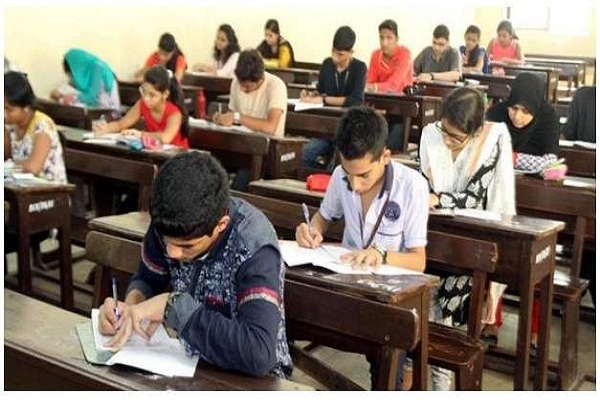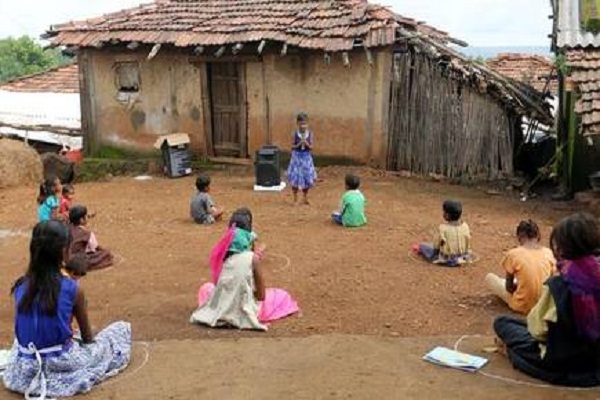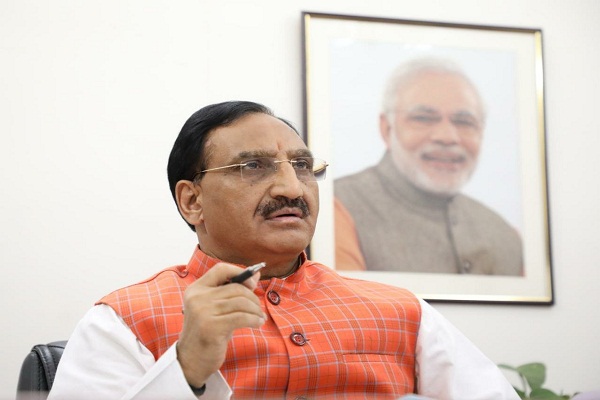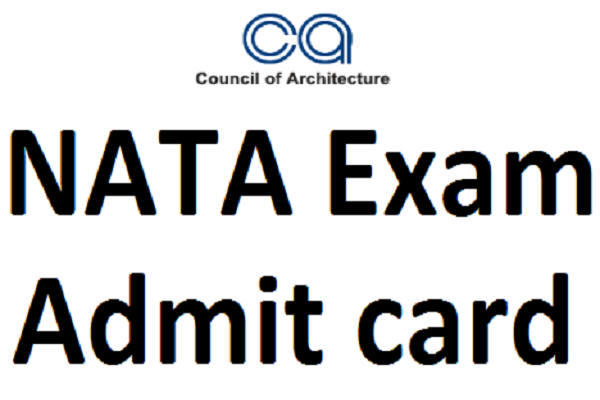In a major development, Delhi High Court in an order passed asking the University of Delhi, not to expect 70% attendance from students as eligibility criteria in order to appear for the exam.
DU cannot expect 70 per cent minimum attendance in exams while it taught only 40 per cent of the prescribed study period, says Delhi High Court.
In the order passed by the bench, Delhi High Court noted that Delhi University cannot expect students to have 70 per cent minimum attendance to sit for exams if it was not taking classes for the entire period prescribed for a course.
Also read: Delhi High Court not to lift its stay on nursery admissions
The court passed the judgement while hearing a petition filed by a law student, who was not allowed to appear for his first semester exams last year on medical grounds. The petition was being heard by the Delhi High Court Bench comprising of Chief Justice D N Patel and Justice Prateek Jalan.
The order said that “You cannot say students have to have 70 per cent minimum attendance while you teach only 40 per cent of the prescribed study period.” Notice Issued to Centre, Bar Council of India In addition to asking university to relax the 70% attendance rule after evaluating the case, the Delhi High Court has also issued notices to the Central Govt and Bar Council of India, seeking their reply.
Last year, a single judge bench had dismissed the petition which sought waiver of shortage of attendance and allowing him to sit for his first semester exams.





























